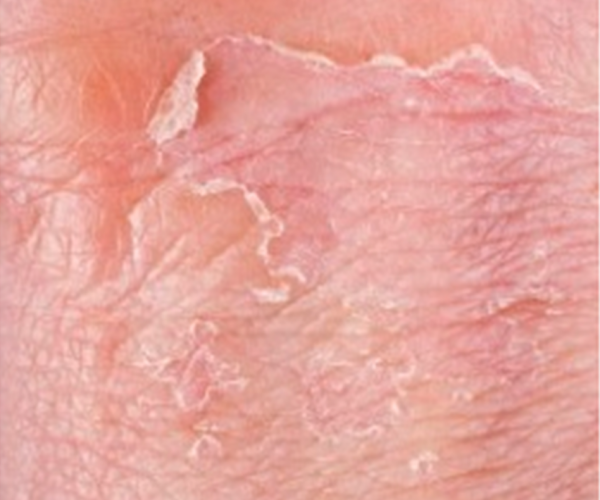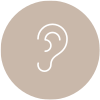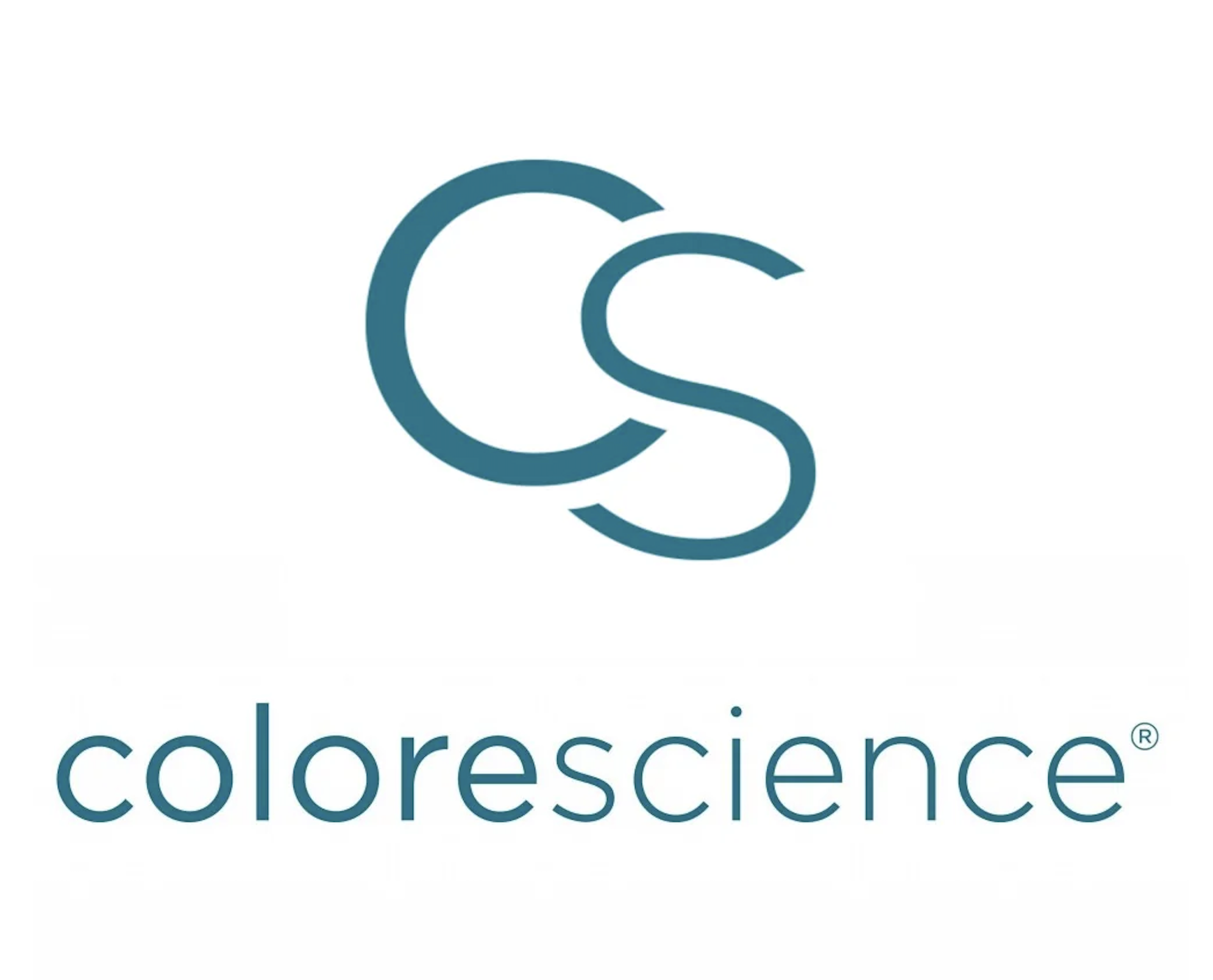Eczema treatments
Eczema Treatment
Control the Itch and Heal Your Skin
Eczema is not contagious and oftentimes becomes less severe with age. Arms, inner elbows, backs of the knees, cheeks, and scalp are typical locations for eczema to occur.
While eczema is related to allergies, eliminating allergens or allergy shots are rarely helpful in clearing the condition.
Good skin care is critical to controlling eczema. Eczema treatments focus on reducing inflammation, relieving itching, and preventing future flare-ups.
While over-the-counter (non prescription) anti-itch creams and other self-care measures may help control mild eczema, our providers consider a variety of treatment options for more severe eczema including corticosteroids and antihistamines.
There are seven different types of eczema:
1. Atopic dermatitis
2. Contact dermatitis
3. Neurodermatitis
4. Dyshidrotic eczema
5. Nummular eczema
6. Seborrheic dermatitis
7. Stasis dermatitis
Three Reasons to Seek Eczema Treatment:
1
Reduce Inflammation
2
Relieve Itching
3
Prevent Flare-Ups
What Are Symptoms of Eczema?
Symptoms can also include:
- Red or discolored patches
- Small, raised bumps that ooze fluid when scratched
- Crusty patches of dried yellowish ooze, which can signal infection
- Thickened, scaly skin
- Sore or raw-feeling skin
Symptoms can feel worse at night, making it difficult to sleep. Scratching eczema further irritates and inflames the skin. This can cause infections that must be treated with antibiotics.
What does Atopic Dermatitis look like?


© Photo use with permission of National Eczema Association.
What is the best treatment of eczema?
For cases of mild eczema, barrier repair moisturizers, and over the counter creams, ointments, and gels that include hydrocortisone steroids are used. Stronger prescription drugs are recommended for more severe cases of eczema prescribed by your provider.
What is the main cause of eczema?
Eczema is caused by a combination of an immune system response, stress, genetics, and environmental triggers. Foods that cause inflammation in the body, such as dairy, wheat, and nuts can cause eczema flare-ups as well. Environmental allergens and stress can also incite eczema.
What is the best eczema care for flare-ups?
- Keep everything hypoallergenic (no fragrance, additives)
- Drink plenty of water
- Make sure water softener is working
- Use moisturizer regularly – we recommend Vanicream or CeraVe, or if more severe – use thicker emollients like Vaniply, Vaseline, or Aquaphor
- Use prescription steroid ointment/cream for up to two weeks when having a flare
- Use antihistamines like Zyrtec as needed for itching
- Avoid hand sanitizer gel and foam, these are very drying
- Soak and seal: bath or shower with warm, not hot, water then pat dry so skin is not soaking wet but still damp then seal in moist skin with lotion/cream/ coconut oil/ointment
- Use a humidifier in the winter months with a cool mist, which is safer for younger kids to reduce the risk of burning if tipped over
- Sunscreens – Vanicream, Blue Lizard, Neutrogena Pure and Free, Banana Boat Kids. Ingredients should be zinc oxide/titanium oxide only – no chemicals
What foods should you avoid if you have eczema?
Foods that cause inflammation in the body, such as dairy, wheat, and nuts are the most common causes of eczema flare-ups. Other problem foods could be citrus foods, eggs, tomatoes, soy, or spices like vanilla, cloves and cinnamon. Note which foods you eat before a flare-up and avoid those foods in the future. Elimination diets are popular as well in determining which foods are triggering your eczema symptoms.
Where can I learn more?
Make an appointment with Stellis Health to discuss your options, and visit the National Eczema Association for more information.


